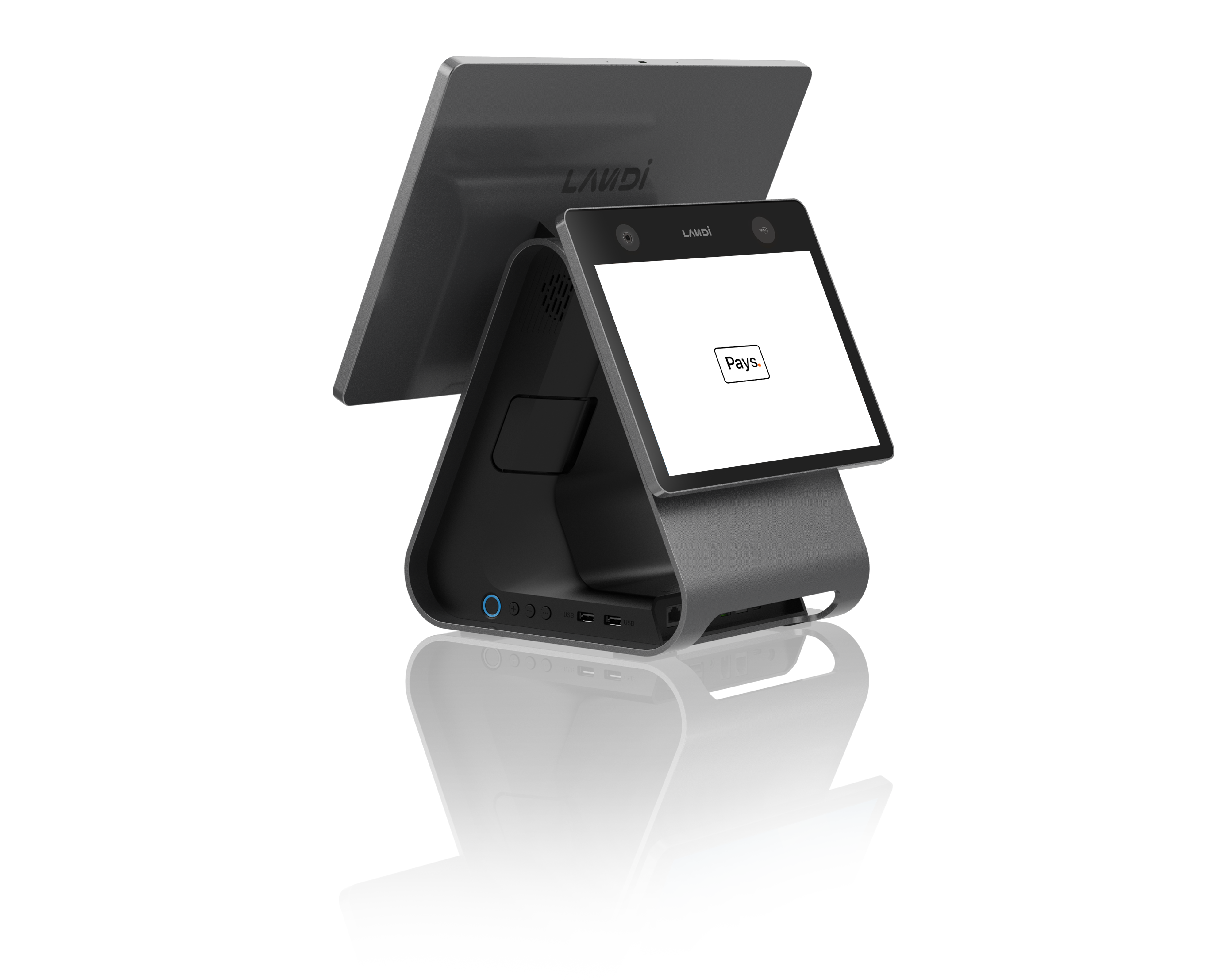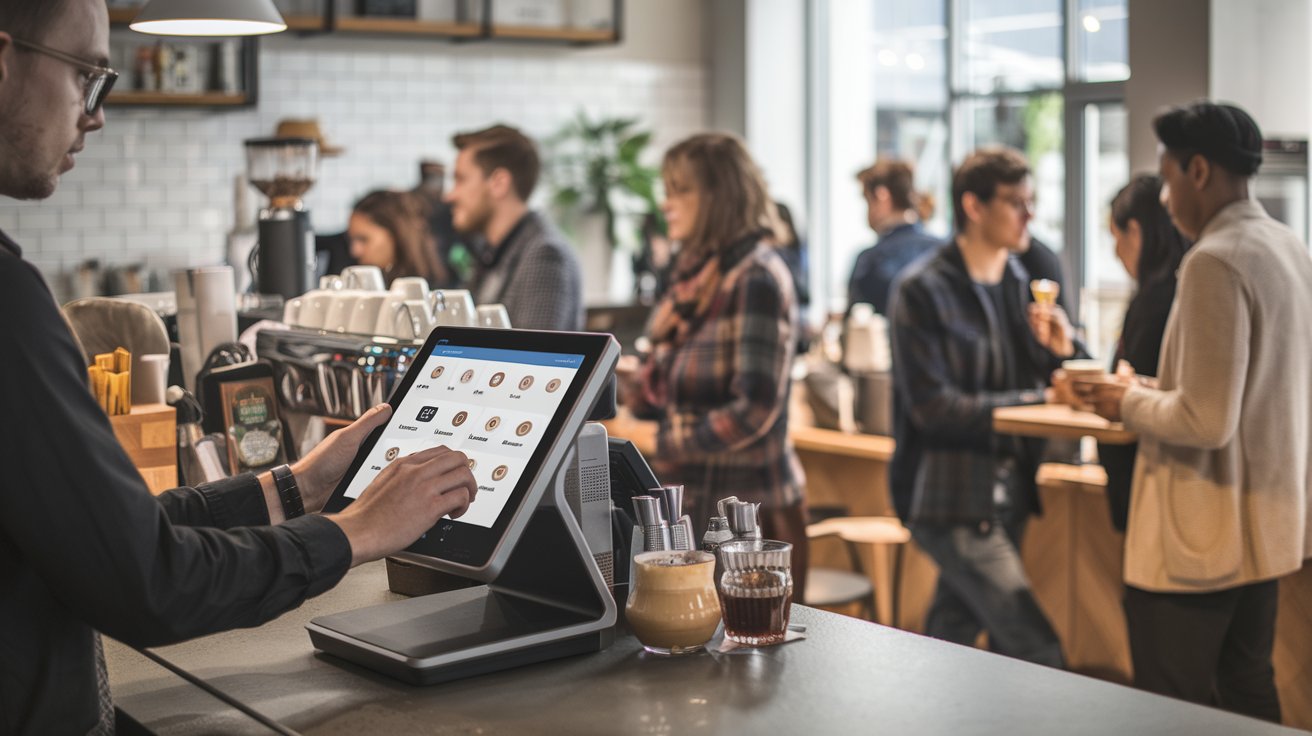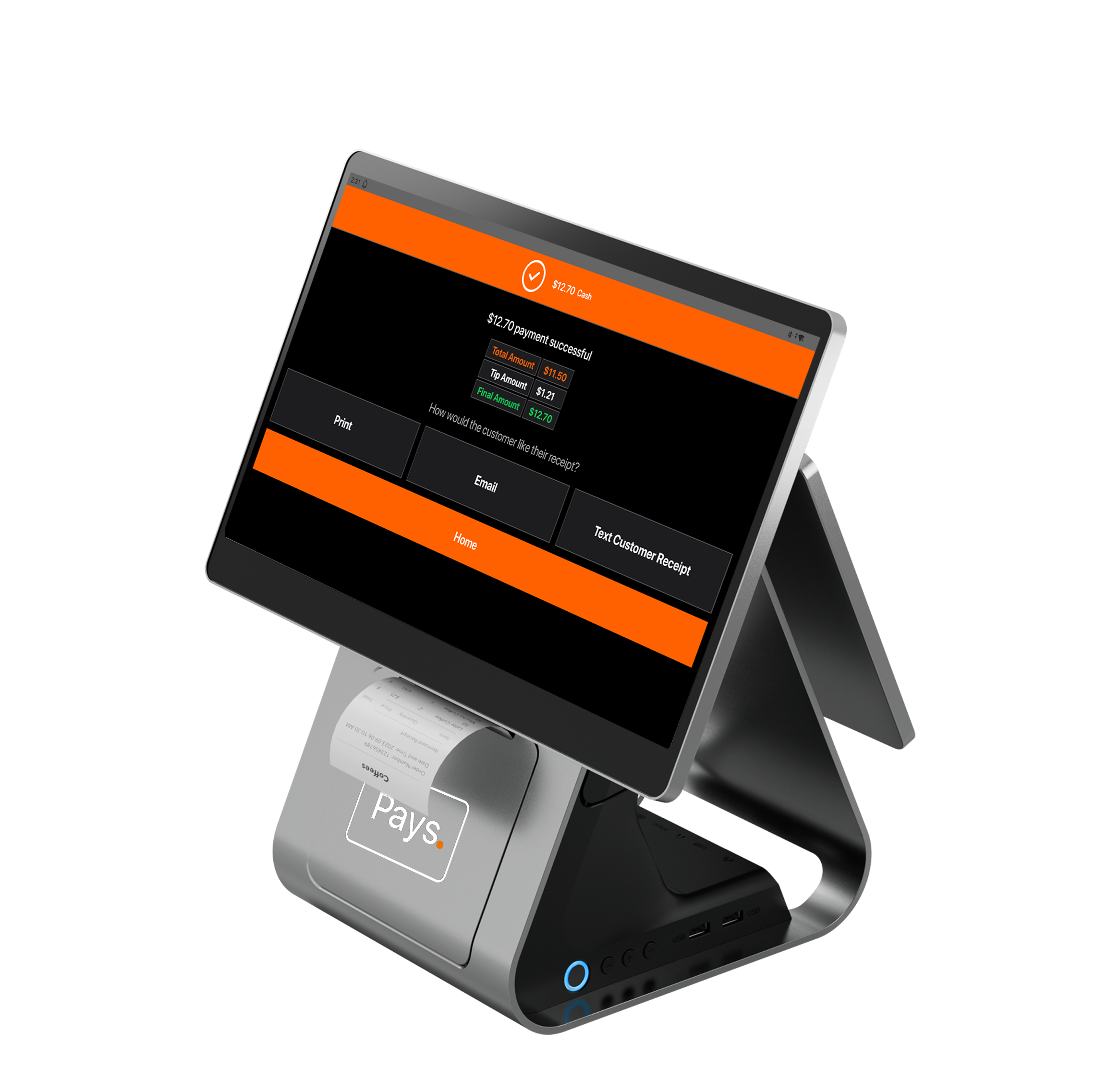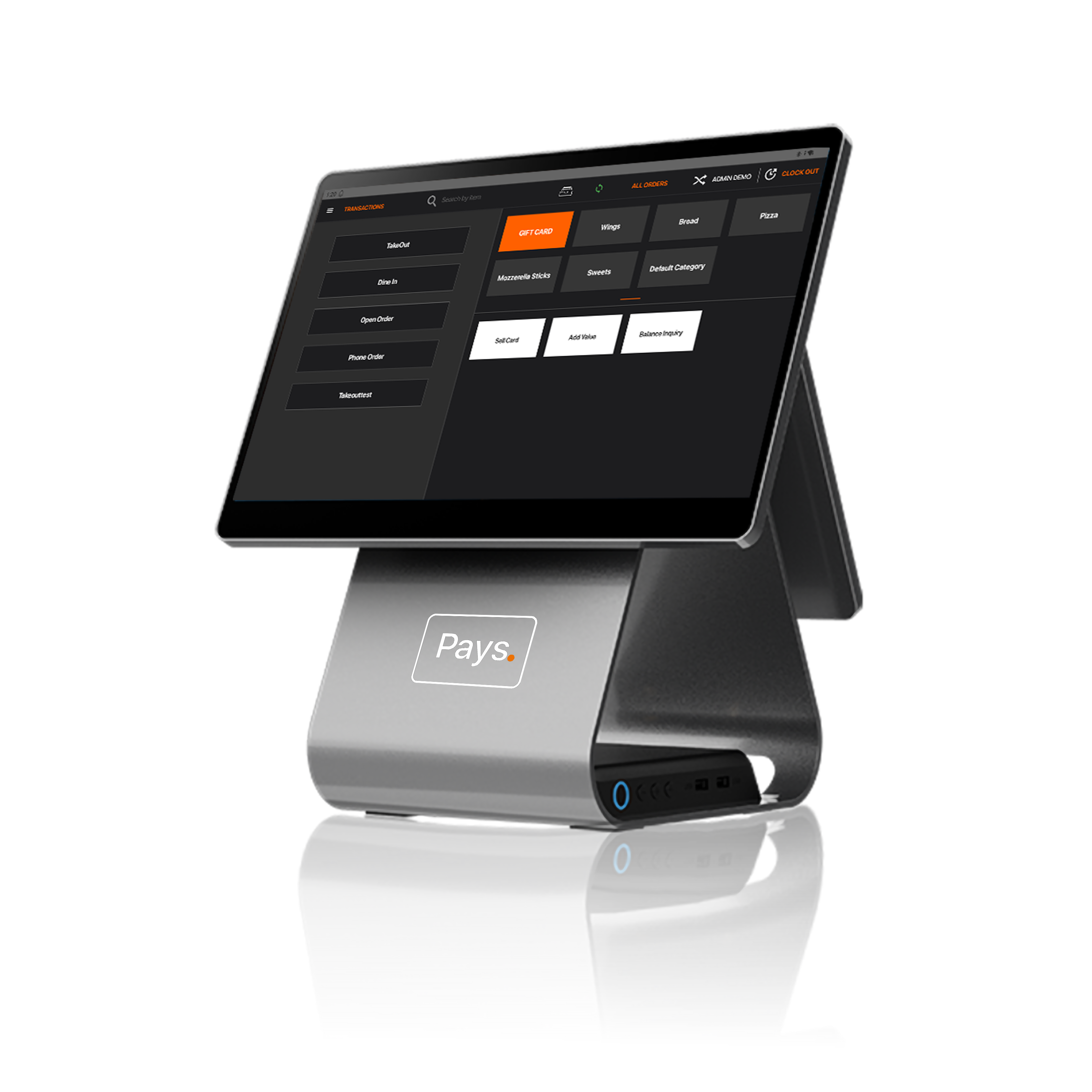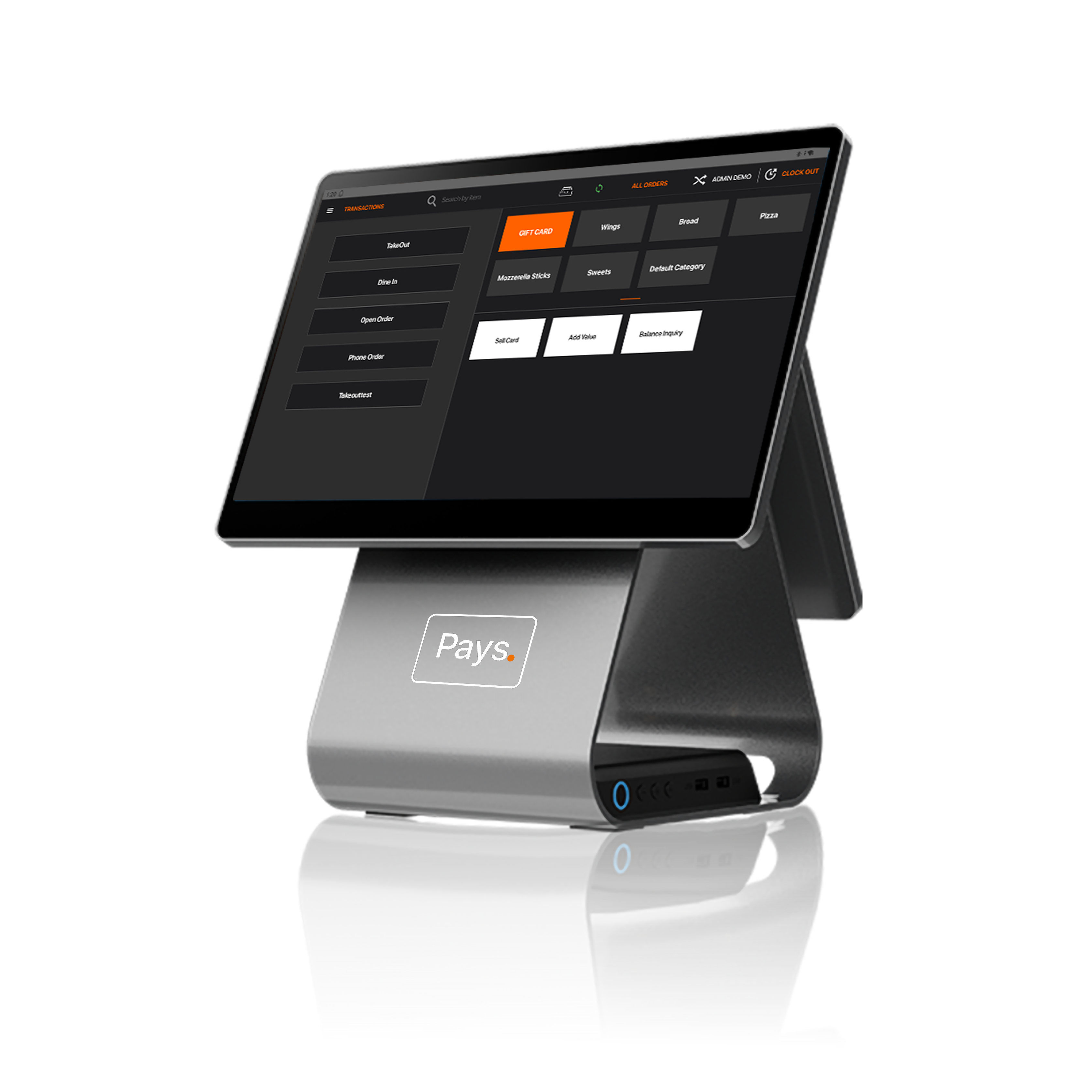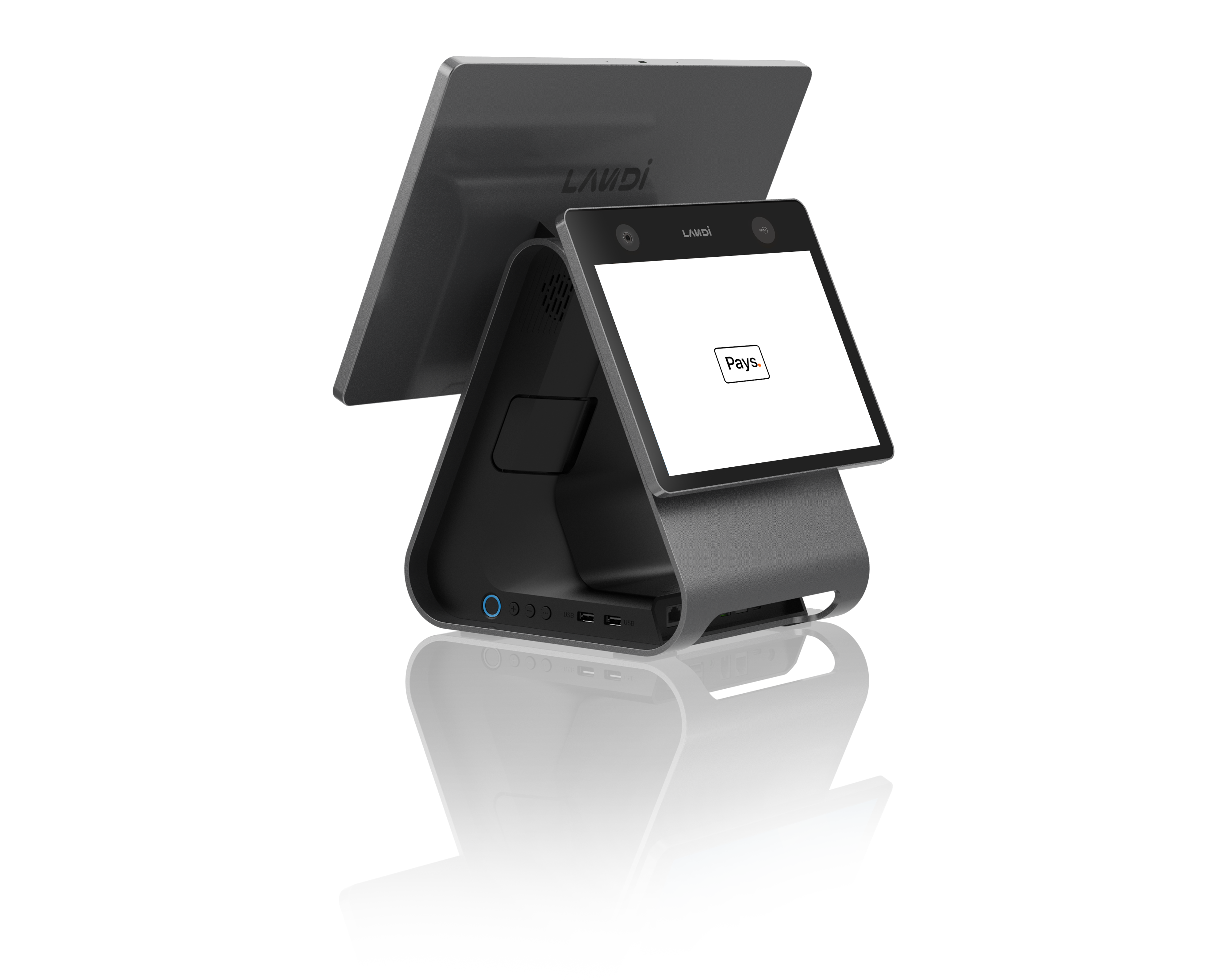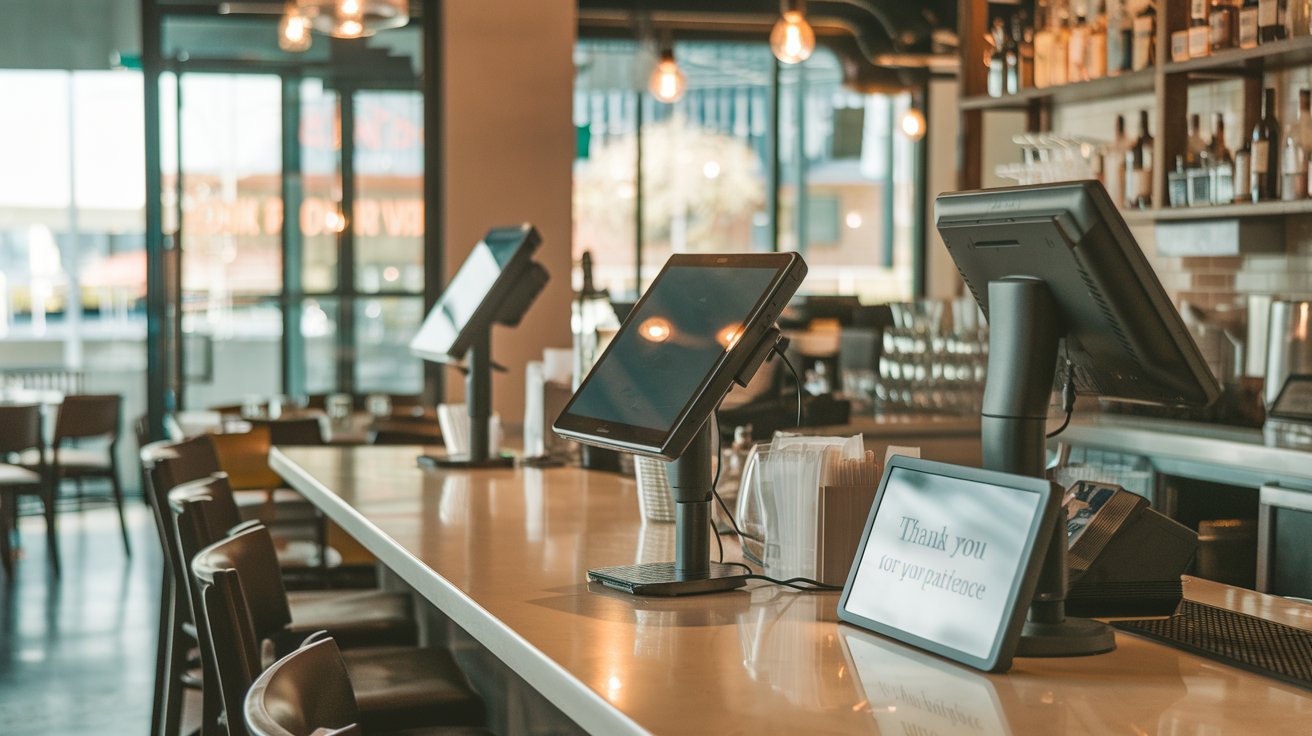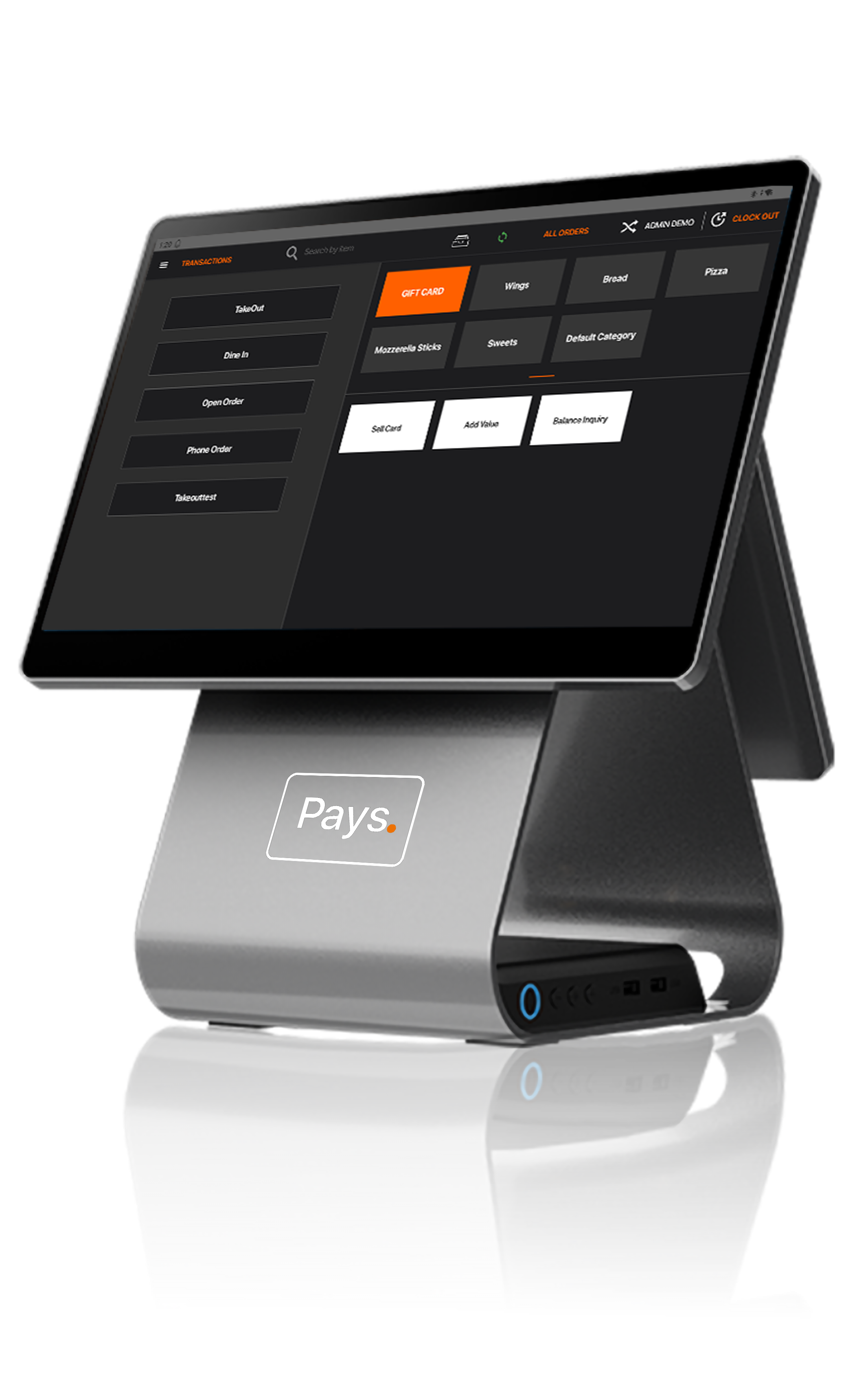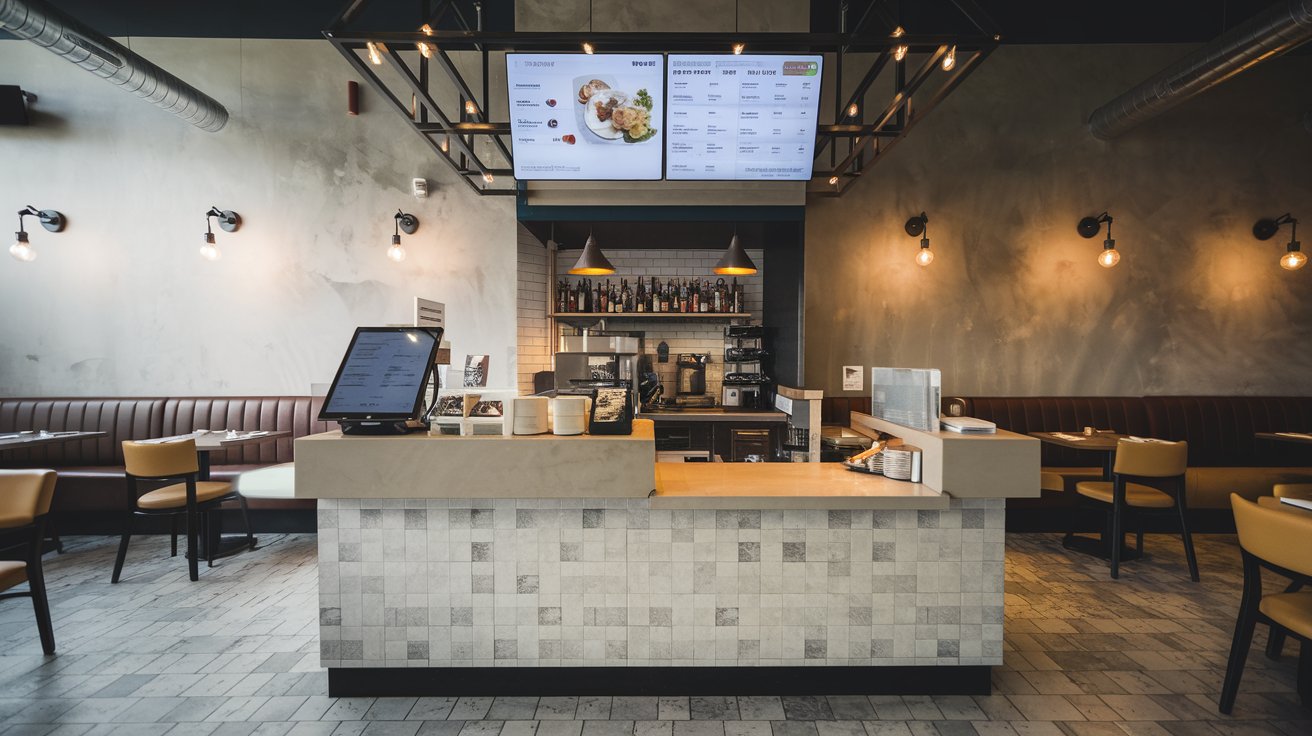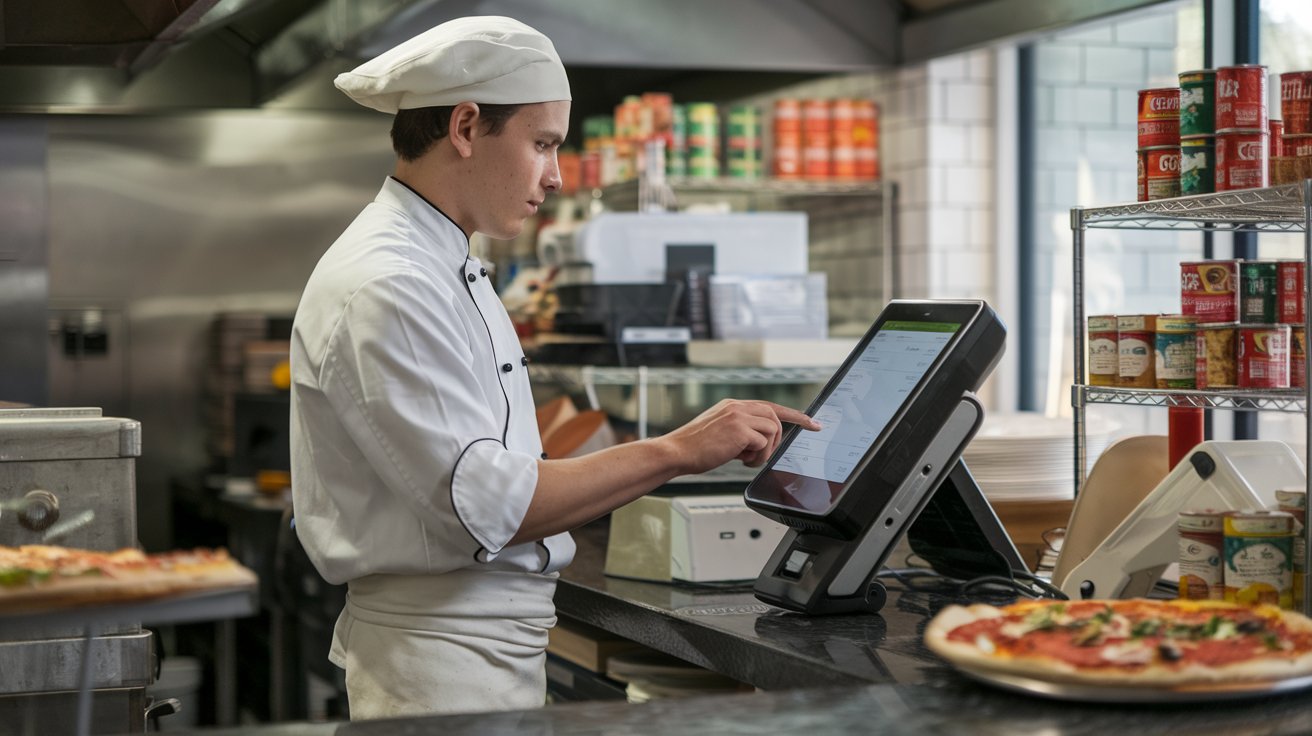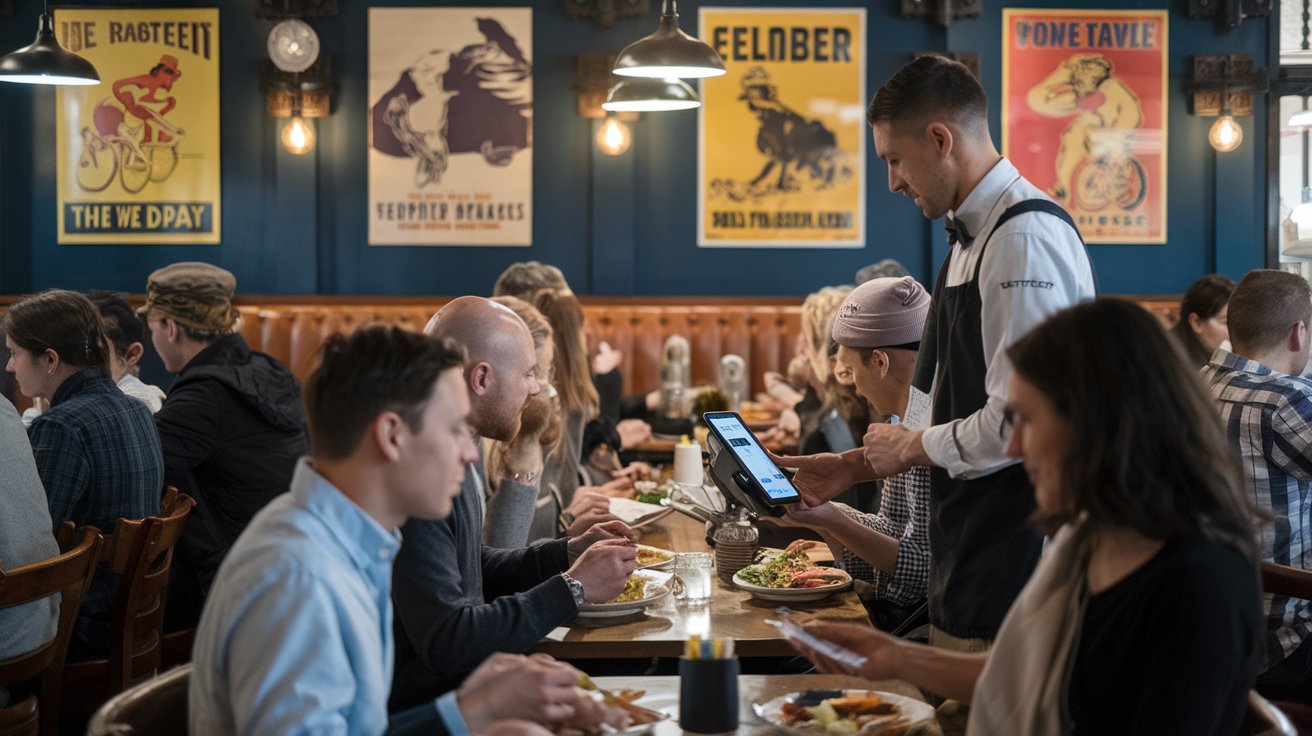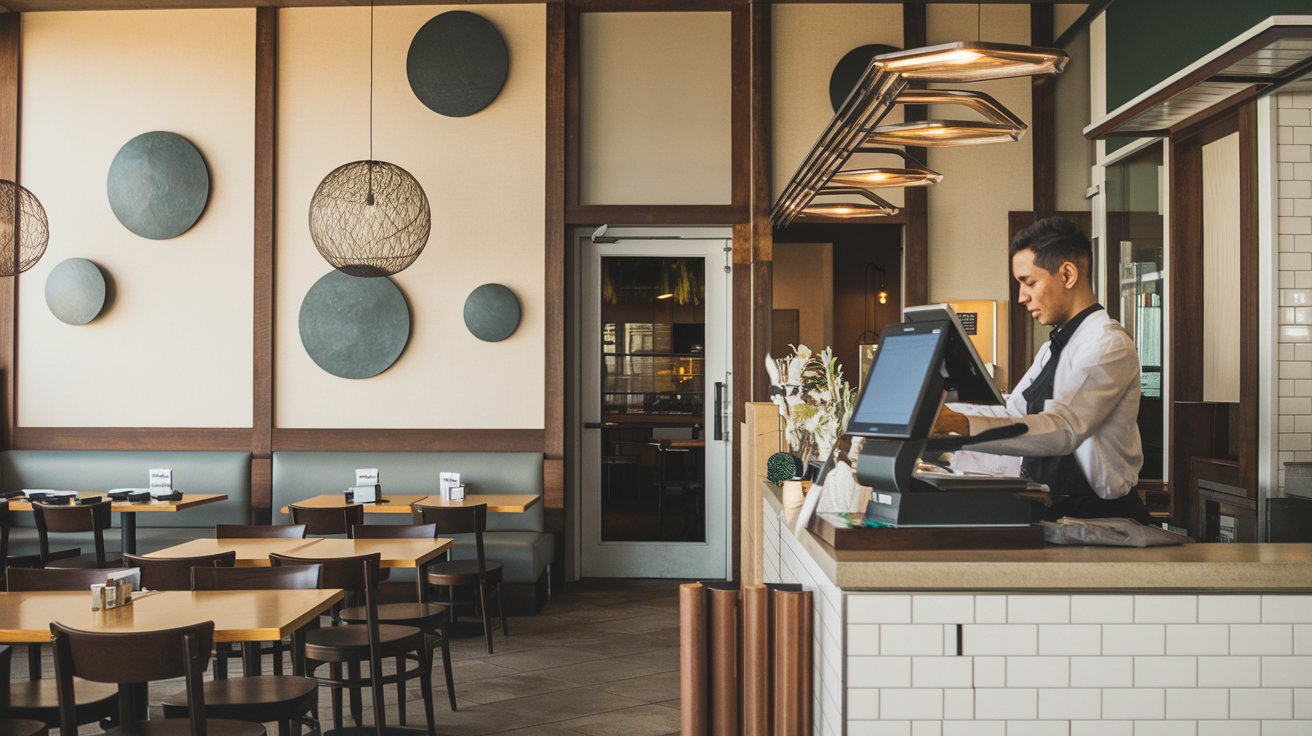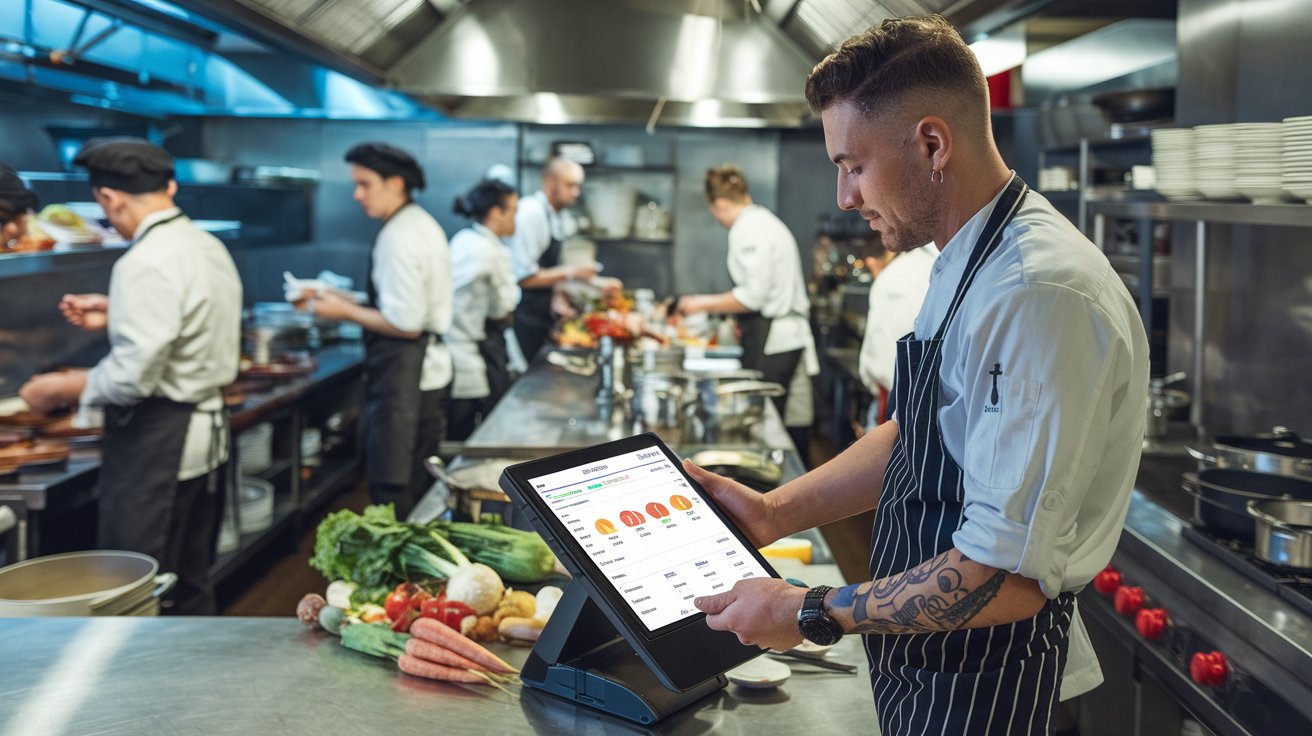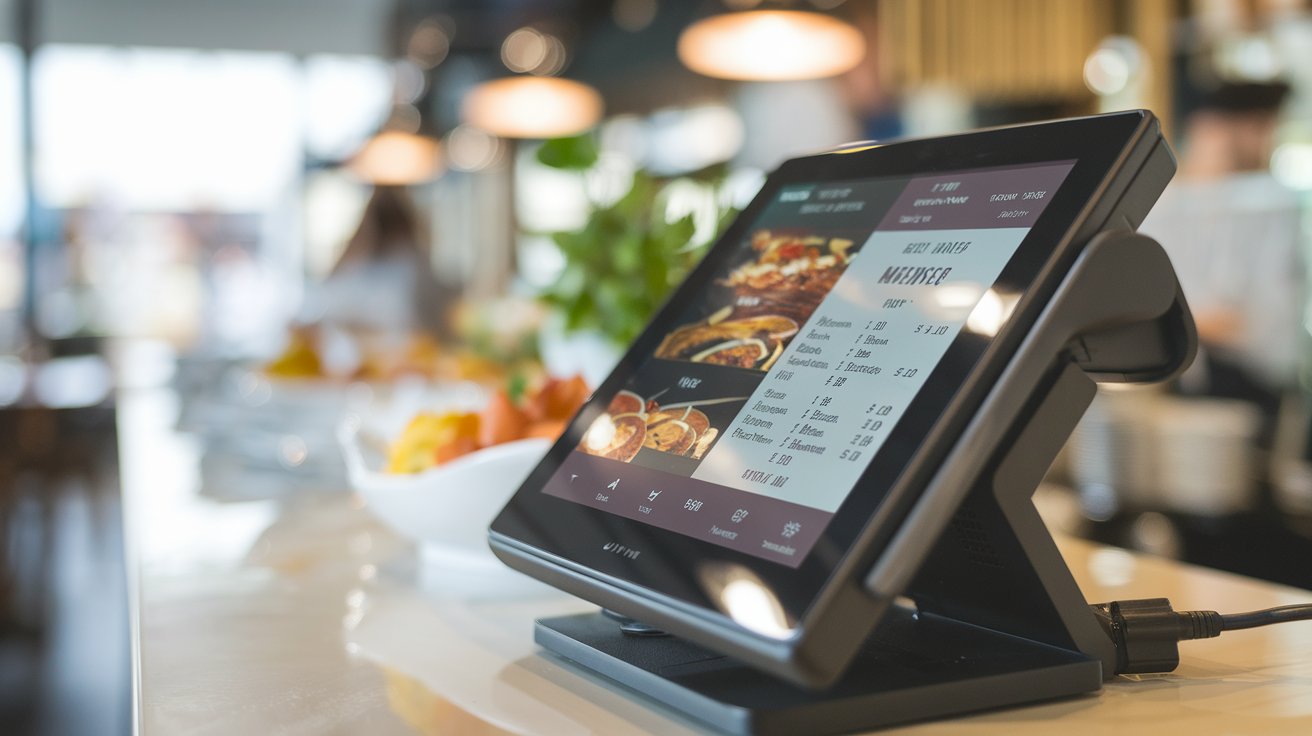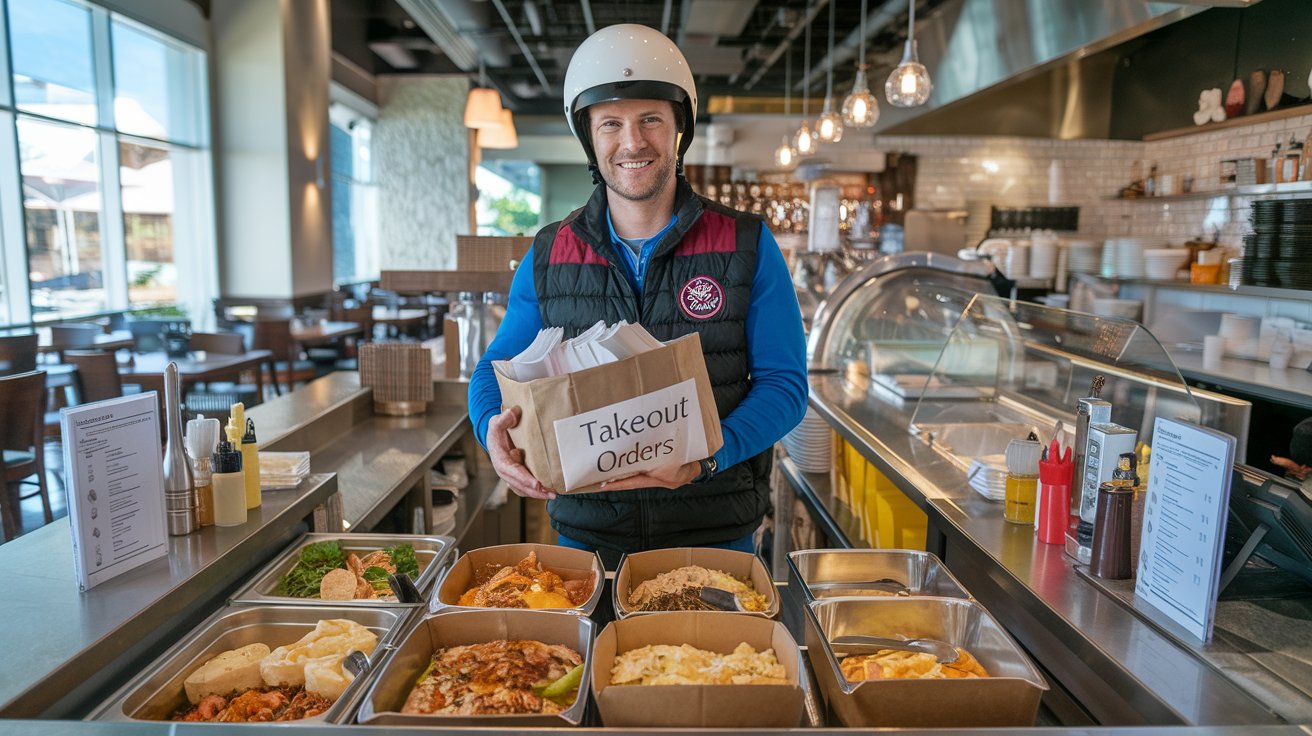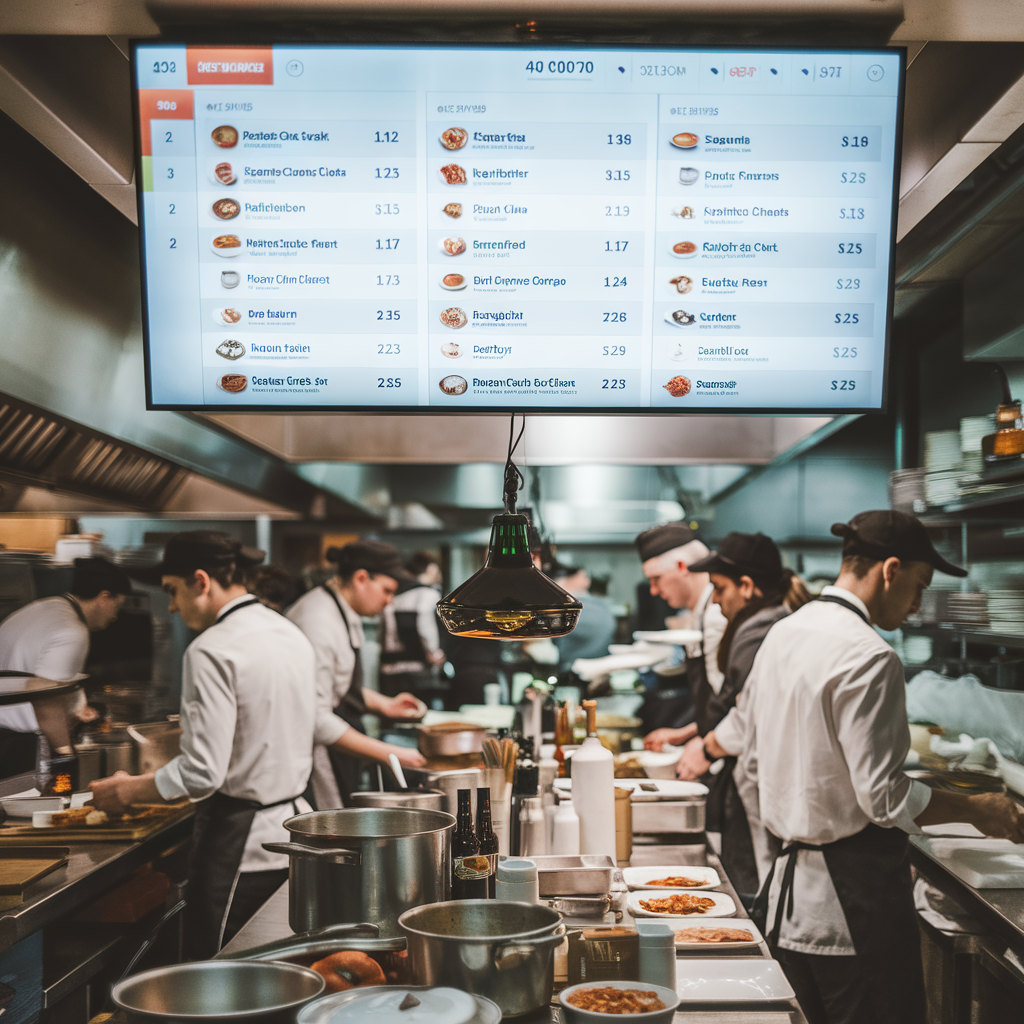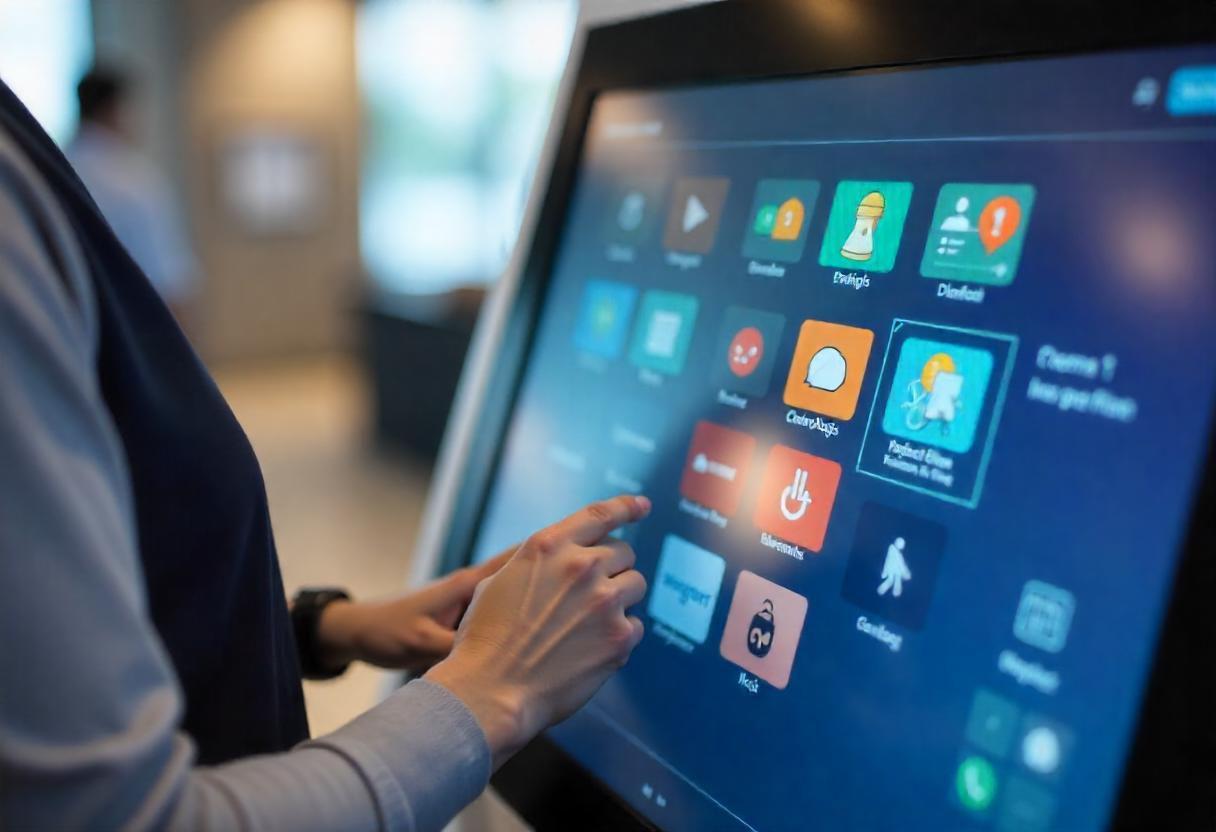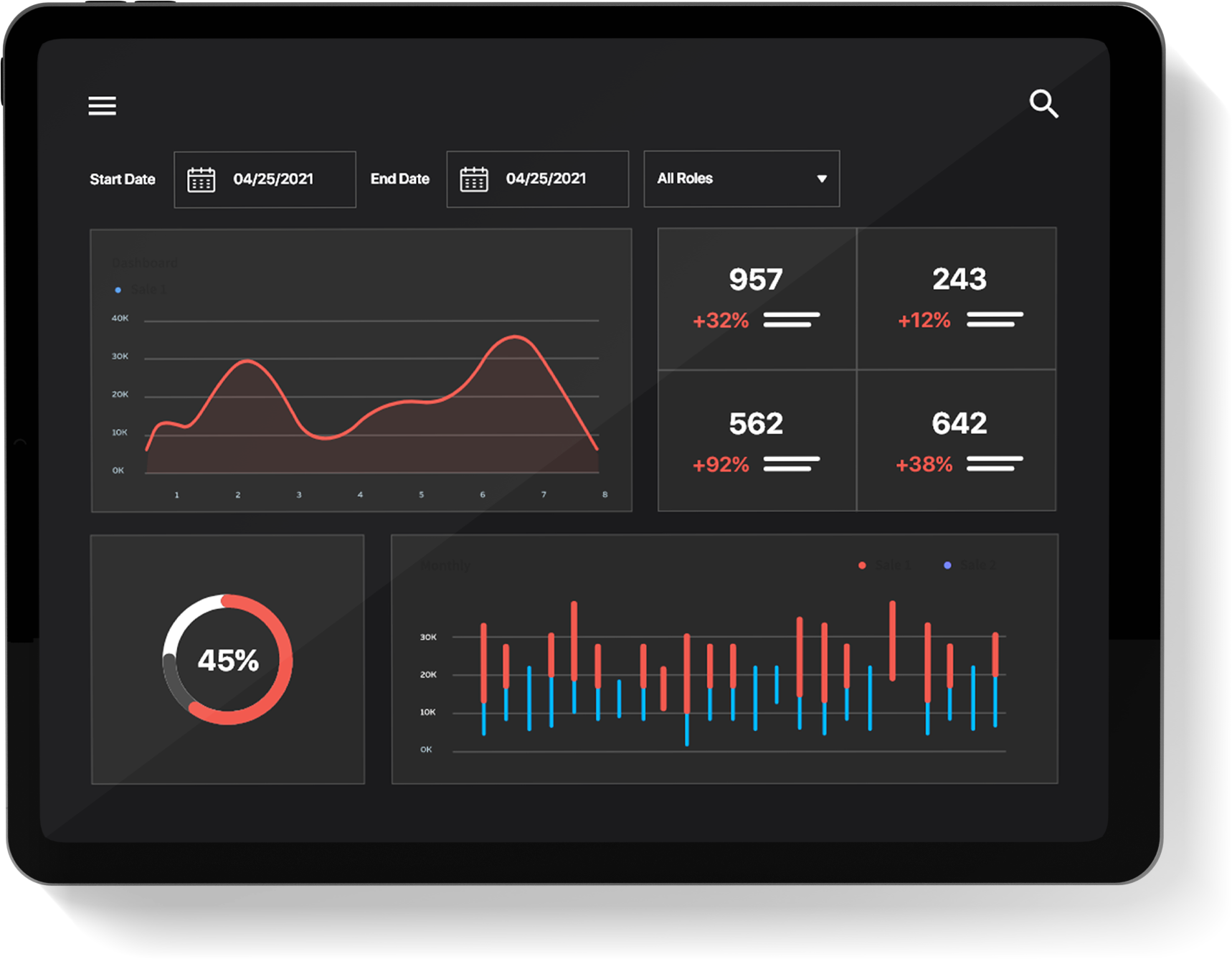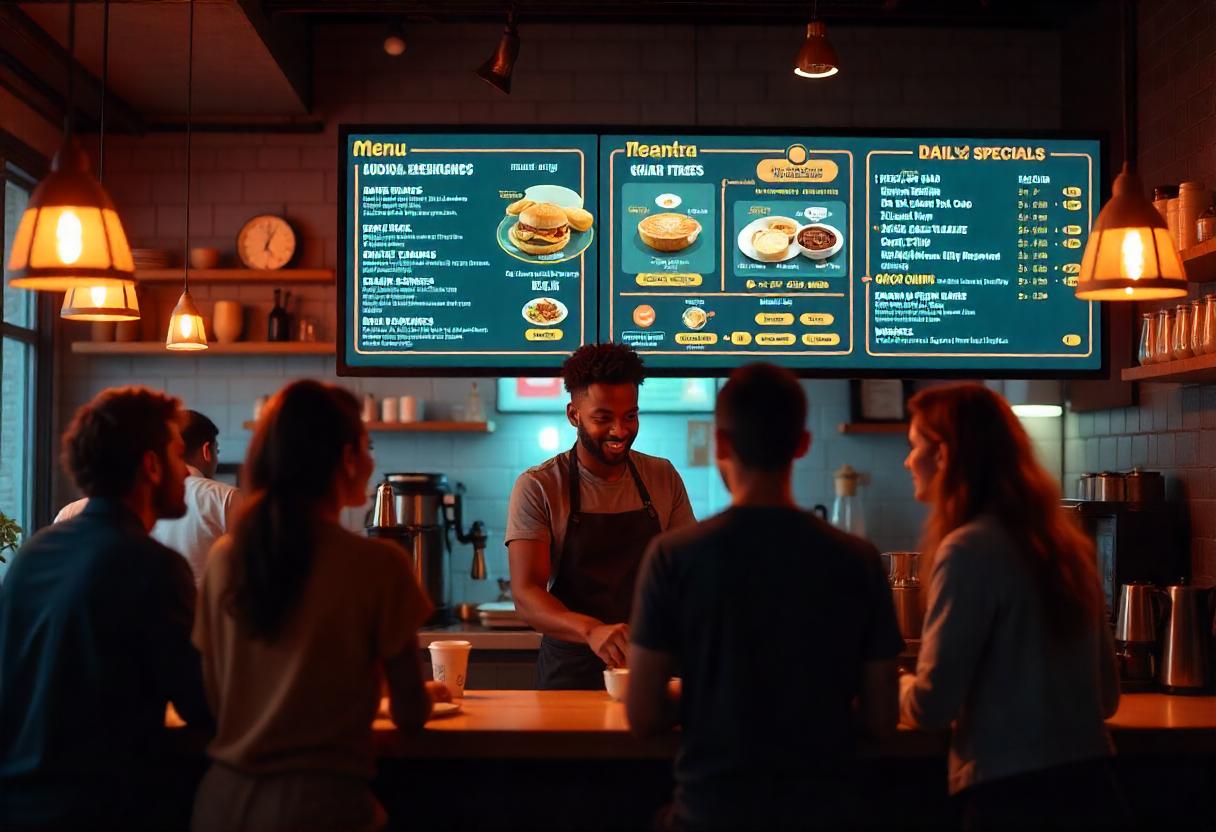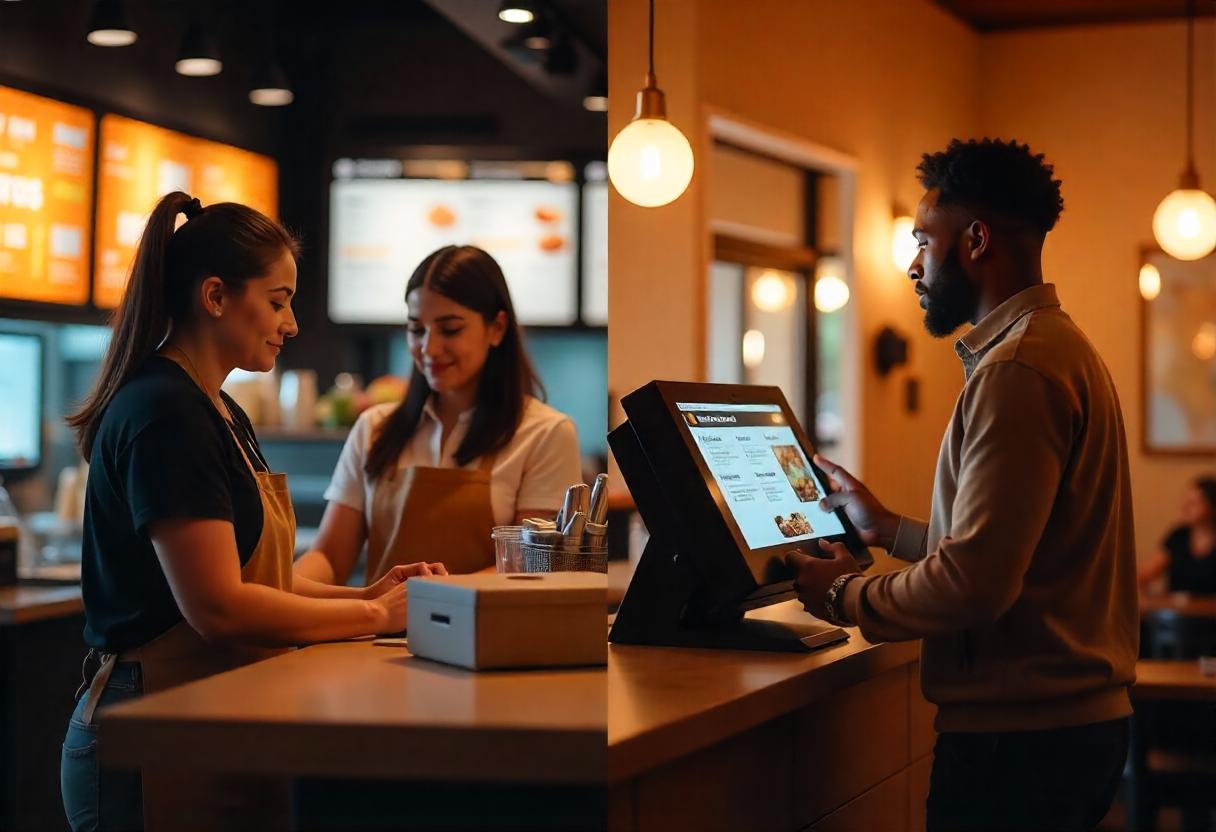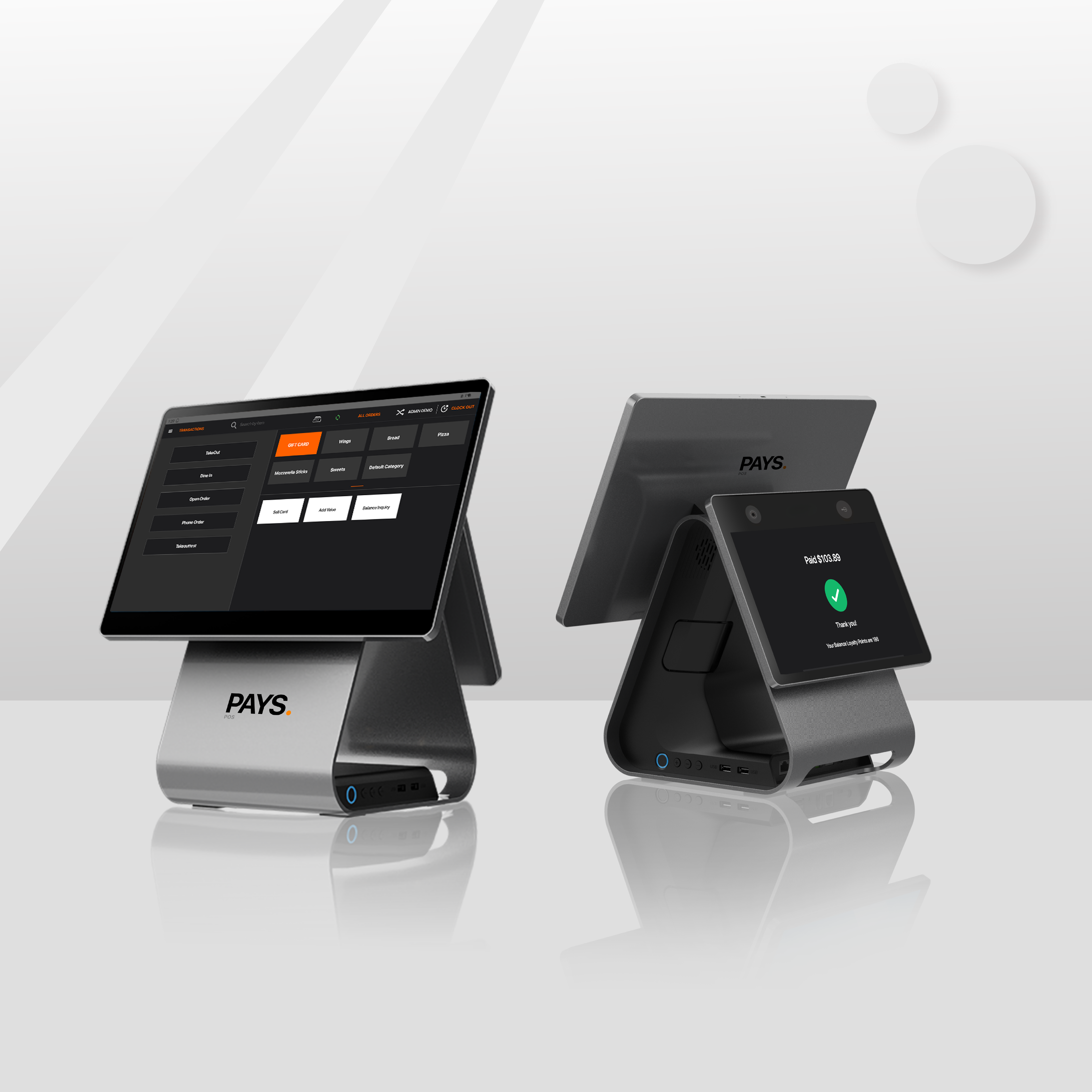Every restaurant needs to have an employee handbook that holds not only rules and policies, but also all of a company’s culture and guides for employees to use in order to maintain consistency and legality. An employee handbook that states expectations clearly, as well as providing a work environment that is positive for your team, will help ensure that your business succeeds.
In this whole guide, we’ll be discussing the essential steps of creating an effective restaurant employee handbook and how implementing a restaurant operations POS system like Pays POS can streamline the process. Of course, Pays POS will not only help you with sales but also improve your staff management to keep your team informed and compliant. Cheapest POS systems are not about cutting corners; it is efficiency at affordable prices.

Why Your Restaurant Needs an Employee Handbook
Your restaurant needs an employee handbook, in many ways. It maintains your staff consistent, avoids miscommunication, and minimizes the likelihood of future legal squabbles. The more that you demonstrate what is expected of your employees-behavior, attendance, or general company policies-the less room there will be for confused feelings.
Why Every Restaurant Needs an Employee Handbook
Consistency: All the people who will come to the organization will be on the level grounds, and the expected standards will be the same for them all.
Legal Protection: Just policies prevent nasty legal disputes from rearing their ugly heads in your restaurant.
Professionalism: All of this serves to establish professionalism in your organization and show people that you genuinely care about worker welfare.
Easy Reference: Employees can always refer to the handbook when trying to clarify certain policies and avoid getting into unnecessary misunderstandings.
Steps to Write a Restaurant Employee Handbook Using the Cheapest POS Systems
You can even sub-divide writing the employee handbook into a few different sections. Here are the key things your restaurant employee handbook ought to include, with how a point of sale system for your restaurant’s operations – like Pays POS – can even make staff management easier.
1. Start with a Company Mission Statement Using the Cheapest POS Systems for Easy Onboarding
A statement of the mission of your restaurant should be the beginning of any employee handbook. This is the root for the workplace culture and helps provide a purpose and meaning to employees. Most importantly, however, is that it should tell them why you are there, what sets you apart, and what you stand for.
You can then input the cheapest POS systems, such as Pays POS, into creating a digital onboarding experience for your new employee who will be trained on the mission statement and therefore have an option to accept the receipt of company policies directly from the point-of-sale software.
2. List Employee Benefits with the Cheapest POS Systems for Easy Tracking
Clearly outline the entitlement benefits employees are expected to enjoy, including health insurance, paid vacation time, sick leave, and any other free facilities or provisions offered. If applicable to your business, include items on your list about discounts for staff or provision for meals when working. For benefits create morale and retention, they need to be clearly communicated to employees.

The most basic POS systems, including Pays POS, make tracking employee benefits easy by incorporating scheduling and time-off requests into the very interface of its system. Employees can view their remaining available vacation days, request time off, or check their earnings-all through the best POS system for restaurants, providing management ease and reducing administrative headaches.
3. Create Code of Conduct with Help of Cheapest POS Systems
Under the code of conduct section, you should state what is required from all the behavior and action from all the employees. These can include dress code, coming to time, customer service expectations, and relationship with colleagues. A point of sales system for restaurants can help enforce many of these considerations through monitoring check-in and check-out times of employees and any sales performance of any restaurant.
Monitoring employee activities, for instance, selling or table service efficiency, ensuring that everyone follows the standard service rules of your company by utilizing cheapest POS systems such as Pays POS. It will also help keep professional behavior, which is described in your handbook.
4. Pay Policies Indication and Simplifying Payroll with the Cheapest POS Systems
Workers should be adequately made aware of their benefits. That entails that pay period, overtime, and tip allocation must be clear and known. With the cheapest POS systems such as Pays POS, payroll can then, therefore, be streamlined, and all placed on a very transparent basis.
Pays POS automatically tracks hours worked, including overtime, and integrates with payroll systems. It’s also one of the cheapest POS systems that still offers high-level functionality in tracking tips, commissions, and bonuses, which enables employees to clearly see how their hard work translates into earnings through the point of sale system
.
5. Manage Attendance & Time Off Policies Through the Cheapest POS Systems

Proper expectations on attendance and procedures for asking off days are essential considerations in a restaurant, as teamwork and staffing levels constitute the major elements. Policies around sick days, personal days, and unexpected absences must be clearly defined.
With the mobile point-of-sale system of Pays POS, employees can check their schedules anywhere and, if allowed by their employers, request time-off directly within the system. Managements can approve or deny such requests, and the schedule will update automatically without causing confusion. As one of the cheapest systems in point-of-sale, it streamlines time-off management, thereby reducing friction from scheduling.
6. Designate Safeguards and Security Policies
It would be wise to have some kind of safeguards in your employee handbook to cover staff and clients. These can include fire safety; how hazardous materials should be handled in the kitchen; or how to handle emergencies.
What’s more essential, staff need to be trained to handle cash. The least expensive POS systems are some of the greatest, such as encryption in transactions and password log-in that only a select few can gain access to it, thus minimizing possibilities for theft and fraud. Thus, among the greatest POS for restaurant safety solutions is the Pays POS.
How Pays POS Improves Employee Management and Handbook Implementation
An employee handbook is just the start of things. The real challenge comes in how to ensure that the policies are up to date and are being followed. Here’s how Pays POS can help enforce the policies you have set:
Digital Access to Employee Handbook: Pays POS allows uploading and sharing of an employee handbook digitally. Employees can access it at any time. So, no one can raise ignorance about company policies, and updates can be rolled out right away.
Automated Payroll and Time Tracking: With attendance and pay policies implemented from the company handbook, it integrates payroll management and time tracking.
Employees are able to clock in and out using the system, and their hours are kept on record for real-time tracking to increase efficiency and accuracy in payroll processing.
Real-Time Communication and Feedback: Communication is always the most important in staff management. Pays POS equips managers with the ability to remind or even communicate news of new policies directly to the employees. As such, people are always on the same page.
Performance Monitoring: Staff performance can be monitored through Pays POS in terms of how much employees follow the handbook. Whether to add more training, reward top performers or change the underperforming, all is decided on clear metrics on Pays POS.
Conclusion
A well-crafted employee handbook is essential for a successful restaurant because it makes sure that your people know and understand their responsibilities as well as the policies of your company. However, controlling the policies does not have to weigh you down. You could now automize much of what goes into doing the work at hand with a POS system like Pays POS for running your restaurant, doing payroll monitoring
performances, and keeping your team together in full compliance and highly motivated.
Ease of use, affordability, and advanced features make Pays POS one of the cheapest POS systems that still provides robust solutions. Its mobile point of sale system capabilities, plus the management of every process, from scheduling to payroll, bring us back to focus on what really matters: creating a great experience for the staff and customers alike.
FAQ on POS Systems
What is the cheapest POS system?
Cheapest POS differs from feature to hardware but the low-cost Pays POS offers with minimal fees.
What is POS in restaurant management?
POS system is a transaction-enabling system that helps customers and restaurant for ordering and collection of payments from smooth and efficient handling.
What is a management POS system?
A POS management system, such as Pays POS, includes hardware and software that are geared to handle sales, inventory, and customer data in a fast and efficient way that increases productivity in restaurants.
What is a POS payment?
POS payments means the payments accepted at a point of sale. This is the location where the customer pays for various goods or services with the assistance of credit cards and other mobile wallets.
What is the advantage of POS?
Advantages through a POS system like Pays POS are fast transactional speed, exact tracking of inventory, and providing greater customers service, contributing to effectiveness and profitability.
What are the three types of POS?
There are three types of POS systems: traditional terminal-based systems, mobile POS (mPOS), and cloud-based systems. Each type is specially designed for meeting various business needs.
How does the POS system work?
A POS operates based on a transaction process employing a combination of hardware components – registers, card readers, etc., and software components as in Pays POS that oversees sales and inventory data.
What are the three components of POS in a restaurant?
There are three elements of a restaurant POS system, such as Pays POS, which include the hardware, software, and payment processing solutions.
Which is the cheapest POS machine?
The cheapest POS machines mostly come with options that contain low up-front costs and flexible pricing models for starting a business with minimal investment, like in the case of Pays POS.


